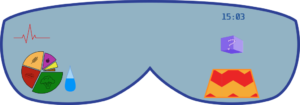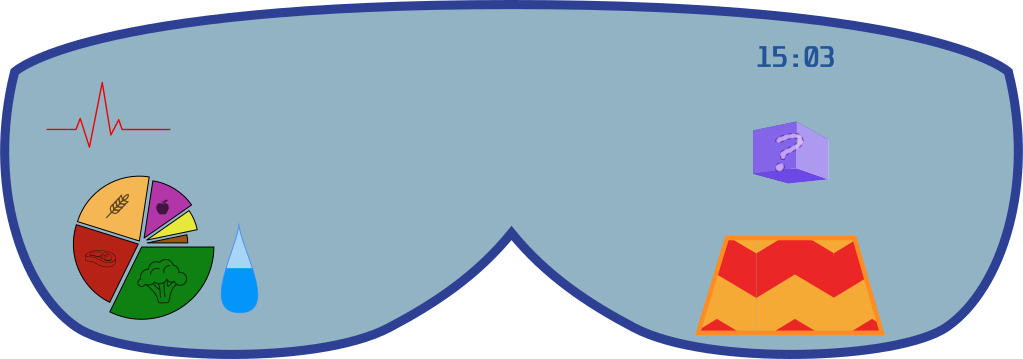The problem I chose to address here is how many technologies promote an overall lack of physical activity and exercise. When the primary method of interaction with tech is done sitting down at a screen and typing, poor physical health is almost guaranteed for anyone who uses technology consistently. If we want to change this, we can’t enforce limits on usage time, as that will simply lead to pushback and work-arounds by users. Instead, we must change the way we interact with tech, and provide immediate incentives to engage in healthy behaviors.
The best way to do this, in my mind, is to increase the ubiquity and ease of use of virtual and augmented reality. If people have to choose between using tech and being active, they’ll almost always choose tech. If we can take away the necessity of that choice, and make choosing activity actually desirable in an immediate way, rather than just through its long-term benefits, then tech will no longer be so detrimental to physical health.
One way to do this, once AR becomes miniaturized and advanced enough for AR smartglasses to be as common as smartphones are today, is to integrate tech into everyday life without taking away from the other parts of our daily experience. If you can check your feeds and texts without having to stop walking or look down at your phone, you will be more aware of your surroundings and other people. If you can turn your run through the park into an FPS or rhythm game, you can turn it from a daily chore to something you look forward to improving your performance on. If your diet and exercise are automatically tracked, either via wearable tech or simple, easy-to-input manual tracking, then not only can you keep track of your health yourself, you can motivate yourself by putting your healthy lifestyle to the test on leaderboards against your friends.


You must be logged in to post a comment.